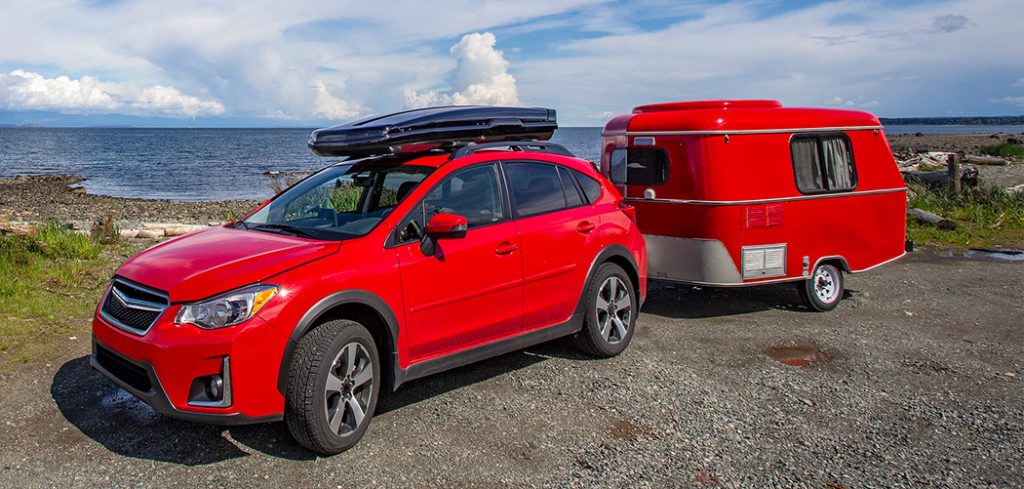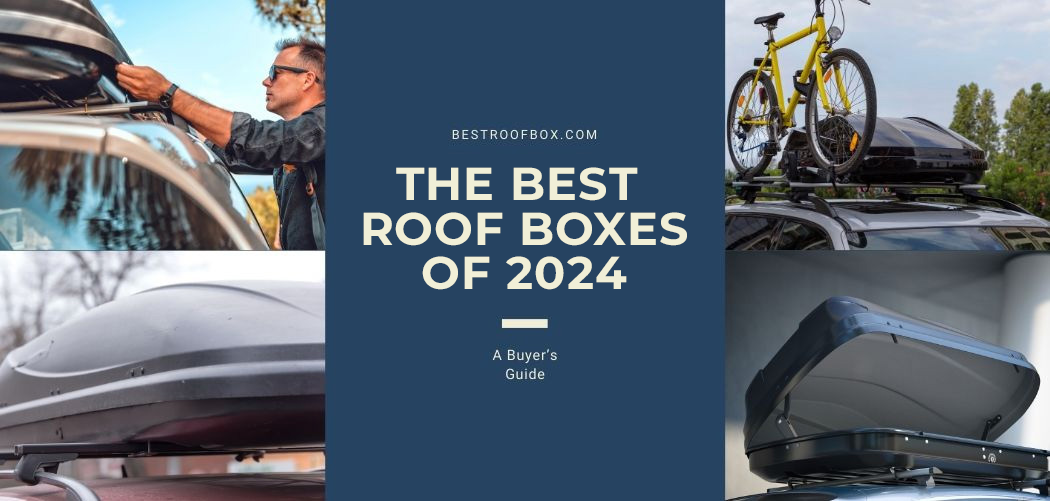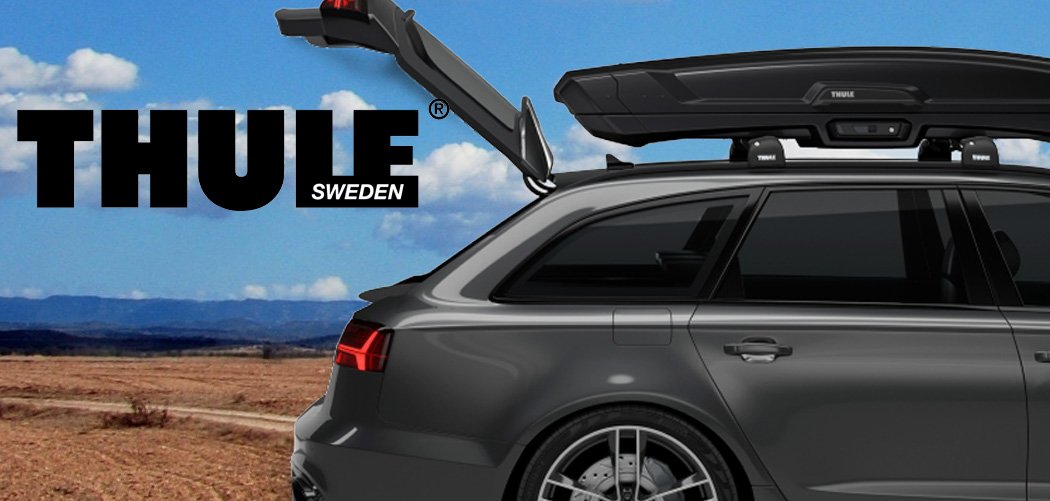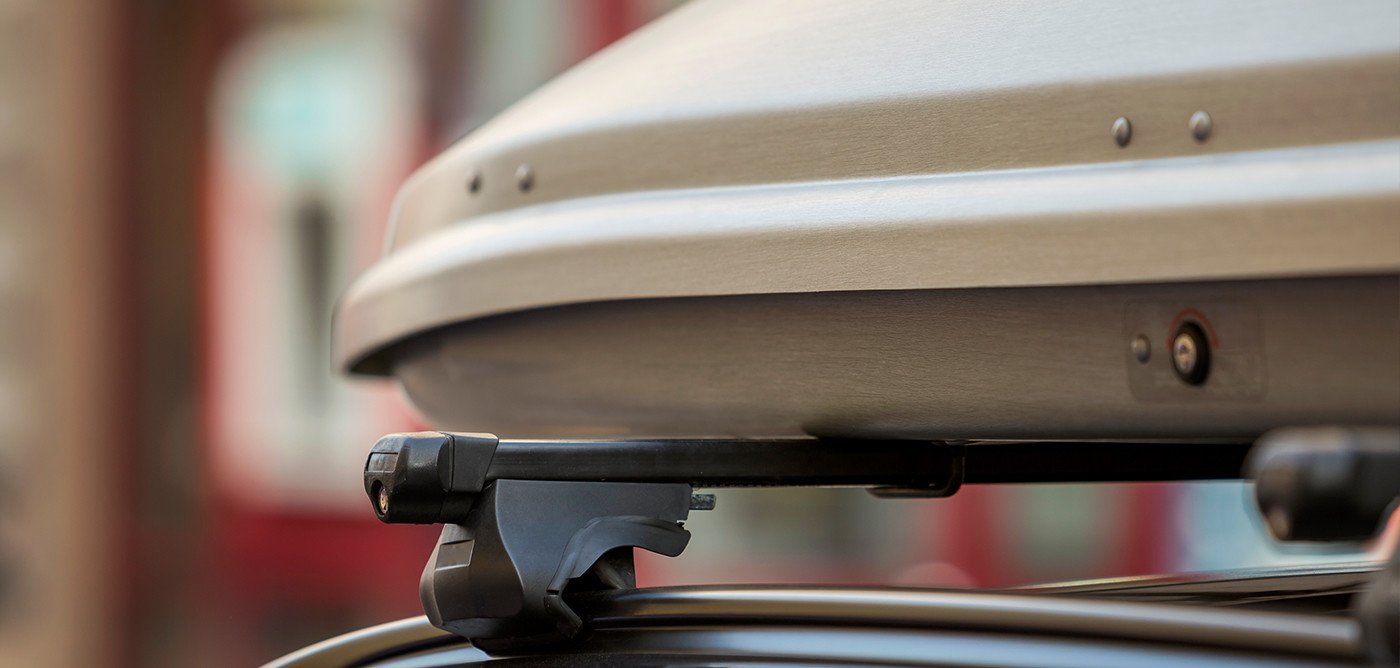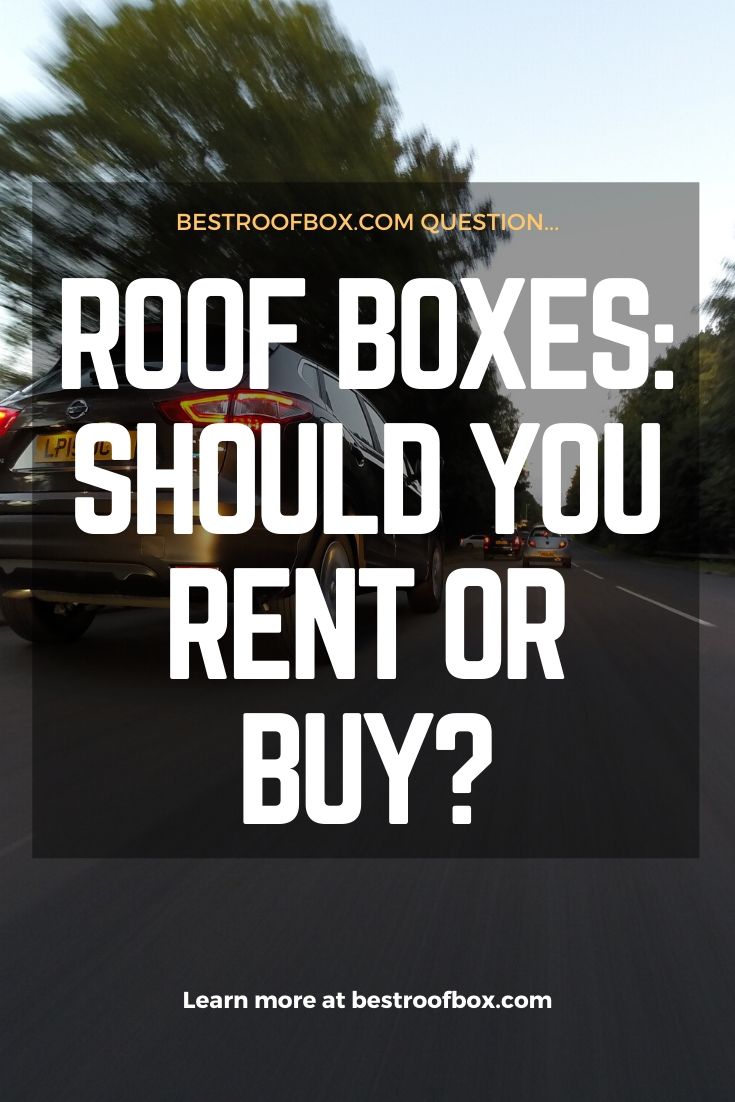 Rooftop carriers serve as an excellent storage option for people embarking on a trip, carrying their equipment for outdoor activities like fishing or snowboarding. Over the years, the range of these carriers have grown diverse, boasting various sizes, materials, and designs. However, deciding between to rent or buy a roof box can factor in one’s budget and specific circumstances. To make an informed decision, several factors must be considered.
Rooftop carriers serve as an excellent storage option for people embarking on a trip, carrying their equipment for outdoor activities like fishing or snowboarding. Over the years, the range of these carriers have grown diverse, boasting various sizes, materials, and designs. However, deciding between to rent or buy a roof box can factor in one’s budget and specific circumstances. To make an informed decision, several factors must be considered.
The inquiry into whether renting or purchasing a roof box is an efficient option will depend on each individual’s needs and preferences. Some aspects worth pondering include the number of trips per year, the method of attaching the carrier to the vehicle, the carrying capacity, and storage capabilities when not in use. It’s essential to find the perfect solution for each situation, bearing in mind the potential increased fuel consumption due to additional drag.
Table of Contents
Key Takeaways
- Renting or buying a roof box depends on individual needs and preferences.
- Consider factors like travel frequency, attachment method, and storage options.
- Be mindful of the potential impact on fuel consumption when using a roof box.
Rent or Buy a Roof Box: Making the Smart Choice for Your Travels
Here are some of the things you might want to consider before deciding whether to rent or buy a roof box.
How Many Trips Per Year Do You Take?

When deciding between renting or purchasing a roof box, consider the frequency of your trips. If you embark on numerous journeys throughout the year, it might be more cost-effective to own a rooftop carrier than to lease one. Prices for these carriers can range from around $50 to several hundred dollars. However, given that a three-day rental of an average-sized cartop carrier can cost around the same amount, purchasing one can save you money in the long run.
To make an informed decision, compare the leasing and purchasing costs while taking into account the size capacity, attachment method, and material of the rooftop carrier. If your travels occur once a year or even less frequently, opting for a lease might be more budget-friendly. However, for frequent travelers, investing in a rooftop carrier is likely the smarter choice, offering both flexibility and affordability.
How Is the Carrier Attached to the Vehicle?
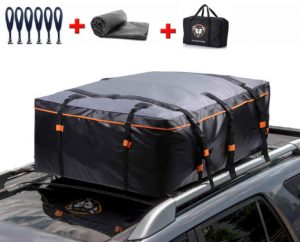
Carriers attachment methods differ, with some needing a roof rack while others utilize straps or ropes. If you’re not willing to install a permanent roof rack and the desired cargo carrier requires it, you might consider renting a carrier instead.
For those who already have a roof rack or are open to installing one, purchasing or renting a cargo carrier is an option. It’s essential to check with the manufacturer whether a roof rack is necessary. This information will ensure no surprises when you have the cargo carrier.
Luckily, numerous carriers don’t need a roof rack, providing flexibility in purchasing or leasing. Companies often offer roof rack-free carriers for lease, giving you a wide range to choose from.
Here’s a summary of the carrier attachment options:
- Hard-shell cargo box: Requires roof bars or rack. Offers aerodynamic design, increased security, and better gas mileage.
- Soft cargo bag: Typically attaches with straps or ropes. Lightweight, easy to store, and less expensive, but may not be as secure or weather-resistant as a hard-shell box.
- Rooftop cargo carrier: Can be hard-shell or soft-shell. Requires compatible roof racks or bars for secure installation.
Regardless of the type, it’s important to always prioritize security when attaching a cargo carrier to your vehicle. Properly installed carriers and accessories prevent accidents or damaging your car, ensuring a safe and efficient transport experience.
How Much Stuff Will You Be Bringing with You?
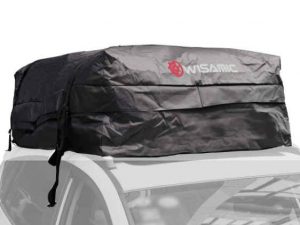
When deciding whether to rent or buy a roof box, consider the number of items you need to pack. Roof boxes vary in size, measured in cubic feet, from less than ten cubic feet to over 30 cubic feet.
Extra-large cargo carriers can be costly, but renting them might not be as expensive. Carriers holding 20 to 30 cubic feet are typically soft bag carriers, although some hard-shell options also offer ample storage. If you require a huge cargo carrier and plan to use it several times a year, it might be more cost-effective to buy one rather than rent.
A good-quality, large carrier can usually be bought for under $100, while renting one might cost nearly the same amount. When renting a cargo carrier, you’ll generally pay more for larger and high-quality carriers, so it might be wiser to purchase one if a large carrier suits your needs.
Remember to consider factors like size, capacity space, quality, durability, and ease of installation when shopping for a carrier. Furthermore, take note of the items you’ll be transporting, such as bulky or light items, and the space they require. The carrier’s materials, such as polyester or hard-shell materials, and the manufacturer contribute to the overall quality and noise levels. To make an informed decision, identify your specific needs and compare available rooftop cargo carriers.
How Will You Store the Carrier When it Isn’t Being Used?
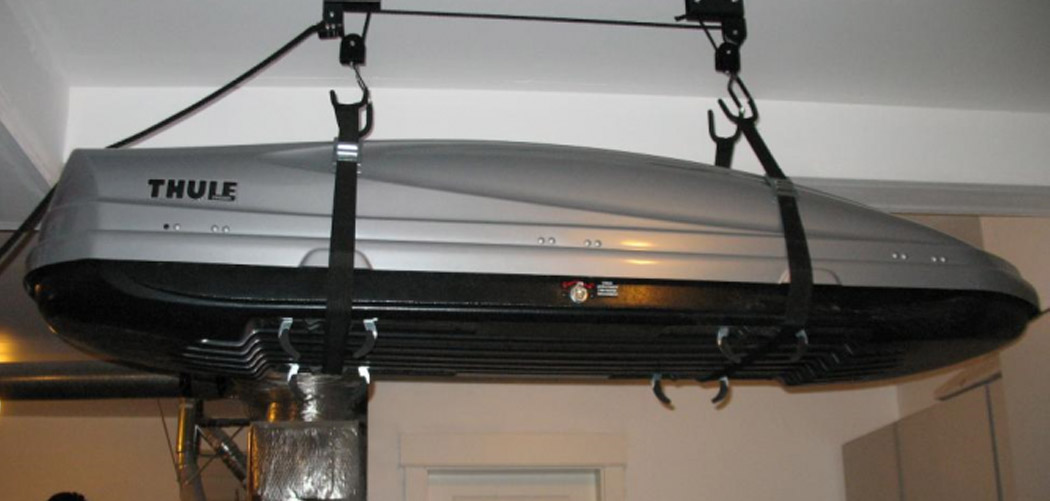
Considering the storage of a rooftop cargo carrier when not in use is essential. Soft carriers, usually made of polyester or plastic materials, often include a storage bag. This makes it easy for you to store them without much hassle, whether you rent or purchase one.
However, hard-shell carriers pose more of a challenge when it comes to storage. Typically, people install racks on the walls of their garages or sheds, allowing them to hang the carriers conveniently. The decision to rent or buy a hard-shell carrier might be influenced by the availability of storage space and the desire to avoid the hassle of finding a suitable place for storage.
If you choose a hard-shell carrier and you have limited storage space in your home, shed, or garage, renting might be a better option. Rental companies handle the storage, and you don’t need to worry about the carrier when not in use. By renting, you also gain the convenience of carrier delivery to various cities, allowing you to enjoy a hassle-free experience during your trips.
In summary, soft carriers are easily stored in storage bags, while hard-shell carriers require wall-mounted racks for storage. Renting a hard-shell cargo carrier can be a convenient option if you don’t want to deal with storage-related concerns.
Conclusion
In summary, the choice between renting or buying a roof box depends on an individual’s needs, frequency of use, and budget. Those who travel occasionally might find renting a roof box the better option due to its lower upfront cost and the availability of different sizes and models depending on the trip. On the other hand, frequent travelers might benefit from purchasing a roof box as it can be a more cost-effective solution in the long run.
When deciding between the two options, consider the following factors:
- Budget: Calculate the overall cost of renting versus buying a roof box based on the number of trips per year and the rental or purchase price.
- Frequency of use: Analyze how often a roof box will be needed. If it’s only for a few trips annually, renting may be more suitable. If it’s consistently used, buying an option makes more financial sense.
- Storage space: Determine whether there is sufficient storage space for owning and storing a roof box at home.
- Model preferences: Decide if having a specific model or customization options is important. The rental market might have limited choices, while purchasing allows for more personalized preferences.
By considering these factors, it is possible to make an informed decision on whether to rent or buy a roof box for any travel needs.
